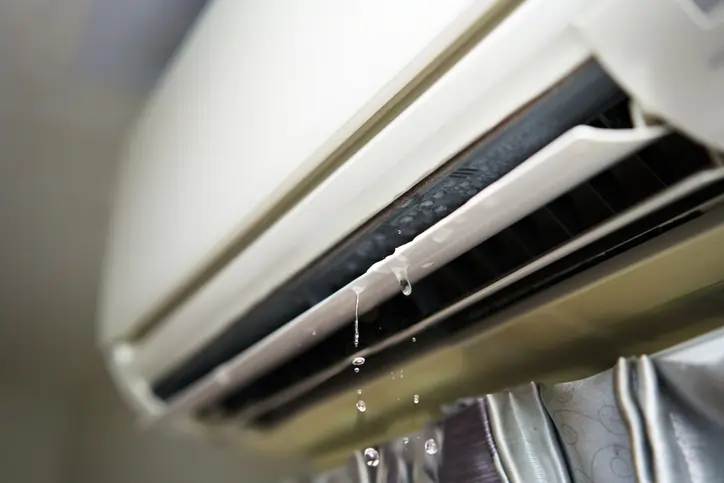
You might have invested in an expensive HVAC system repair; however, with time, it can start to malfunction, posing a significant risk of water leaks, flooding, and, eventually, water damage. Do not get overwhelmed; if you can understand the common causes of HVAC leaks, you can take proactive measures to prevent them. So, let’s learn the five ways to avoid common leaks and stay cool without compromising the safety of the apartment.
Understanding HVAC Leak Risks
HVAC systems produce condensation while removing heat and humidity from the room, which is typically drained through the pipes. However, the leakage situation can arise only when these components malfunction. Leakage can occur due to clogged condensate drain lines, frozen evaporator coils, or disconnected pipes. The result is that water seeps into your apartment, damaging the floors and belongings.
1. Perform Regular Maintenance
To prevent leaks, you must opt for routine maintenance, so schedule inspections and cleanings from reputed professionals for your HVAC system. You must hire technicians to check for worn-out components and drainage at least once a year to prevent minor issues from aggregating.
2. Keep the Condensate Drain Line Clear
You must keep the condensate drain line free from blockages, as it removes water from your HVAC unit. Look out for debris or mold, the prime reasons behind clogs and leakage. You can also try DIY, which means unclogging the condensate drain, such as pouring a mix of bleach and water down the drain. You must clean the drains every few months, and if the clog remains persistent, then professional cleaning is the ultimate solution.
3. Monitor Evaporator Coils
Cooling efficiency can be reduced if the evaporator coils remain frozen and water overflows due to the thawed season. Further, refrigerant issues can also arise due to the restricted airflow, so you have to check the coils from time to time. If the problem persists, then it would not only lead to hiring a restoration service, which is pricey, but you might also have to consult with a home remodeling contractor NYC to restore the property’s outlook.
4. Inspect the HVAC Unit
To pinpoint if water is standing around the HVAC unit, you must conduct frequent assessments. This will help you to detect the early traces of a leak. Thus, you can address them promptly and prevent substantial structural damage to the property.
5. Check the Insulation
Often, insufficient insulation near the HVAC system can lead to extreme condensation. Thus, it becomes essential to properly insulate the HVAC components, including the connected pipes, to remove the moisture buildup and enhance efficiency and functionality. Overall, as you step in, the leakage can be prevented.
Summing it Up
When you are taking proactive steps to maintain the HVAC system, it prevents the need for pricey repairs. Moreover, your apartment would remain safe and comfortable. Not only can timely management minimize the risks of mold growth in hidden areas, but it also avoids disputes with your neighbors due to water seepage. However, while addressing severe problems, only rely on trusted services like zicklincontracting.com that can assist you with water damage restoration.


